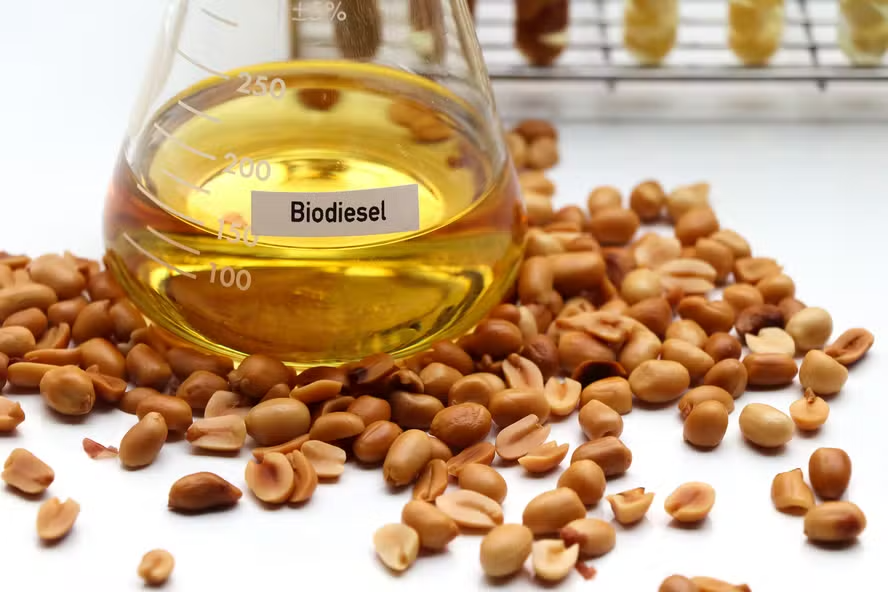Itaú BBA has mapped out 13 projects to expand crushing, which will require R$11.3 billion
Vegetable oil industries are expected to invest around R$11.3 billion between 2025 and 2027 to expand soybean crushing capacity, according to a survey by Itaú BBA released to Valor. The investments refer to 13 new projects mapped out by the bank, which are expected to add soybean crushing capacity of 11.1 million tons per year in Brazil.
The reason for these investments is mainly the promising scenario for demand for biodiesel in Brazil in the coming years, says Lucas Brunetti, an analyst at Itaú BBA’s Agro Consulting.
“The crushing activity is showing profitability in the country. It was necessary to crush more to meet the demand for biodiesel, which has a contracted demand until 2030. However, we limited the analysis to 2027 because that is when we have visibility of the investments”, observes the analyst.
According to Itaú BBA projections, biodiesel consumption in the country should go from 9.3 billion liters this year to 12.3 billion liters in 2027.
With the investments mapped by the bank, the Brazilian industry’s soybean crushing capacity should increase by 37 thousand tons per day by 2027. These investments would increase the effective installed processing capacity from 59.8 million tons in 2024 to 72.1 million in 2027. Thus, the estimated crushing would increase from 54.5 million tons this year to 66.3 million in 2027, an annual growth of 6.8%.
In addition to the policy of increasing the blending of biodiesel with diesel oil, which will reach 15% by 2025, the Fuel of the Future Act, sanctioned by the government in October, should increase demand for biofuel, according to Lucas Brunetti.
“We haven’t seen such large amounts of resources earmarked for crushing in a long time. There was already an idea that the increase in biodiesel production would happen, but the Fuel of the Future intensifies this demand, since it foresees a blending of up to 25%,” he highlights.
At the time of the sanctioning of the Fuel of the Future, the Minister of Mines and Energy, Alexandre Silveira, estimated the sector’s potential investment in the coming years at R$260 billion.
According to a calculation released by the Brazilian Association of Vegetable Oil Industries (Abiove) in May, to meet the 25% blending percentage, investments of R$52.5 billion will be needed in the construction of new plants and crushers.
To measure the impact of this increase in crushing capacity, Itaú BBA projected scenarios for the balance between supply and demand for soybeans in the country in the coming years. The forecast is that the harvest will increase from 167 million tons in 2024/25 to 178 million in the 2026/27 harvest. In the meantime, exports would increase from 105 million to 110 million tons.
With the increase in the supply of soybeans in the country, crushing should register growth of 6.8% per year. Consequently, the production of soybean oil — the main raw material for biodiesel — should grow by almost 3 million tons between 2024 and 2027, to 12.8 million tons, according to the bank’s projections.
The capacity to crush more soybeans should also lead Brazil to increase its bran production, from 42.5 million tons to 49.2 million. For exports, the increase will be 3.7 million, to 25.8 million tons.
“The exportable surplus will grow sharply, bringing a point of attention to this market. Exports should be higher, in line with domestic consumption, however, stocks would increase significantly”, highlights Itaú BBA.
The survey indicated that final stocks of soybean meal in Brazil should increase from 2 million tons this year to 4.9 million in 2027.
“If our scenario materializes, relative meal prices will be a tailwind for the animal protein industry, since it should have one of its main inputs with very competitive prices. This in turn will help absorb the surplus of meal by demanding more inputs”, adds

